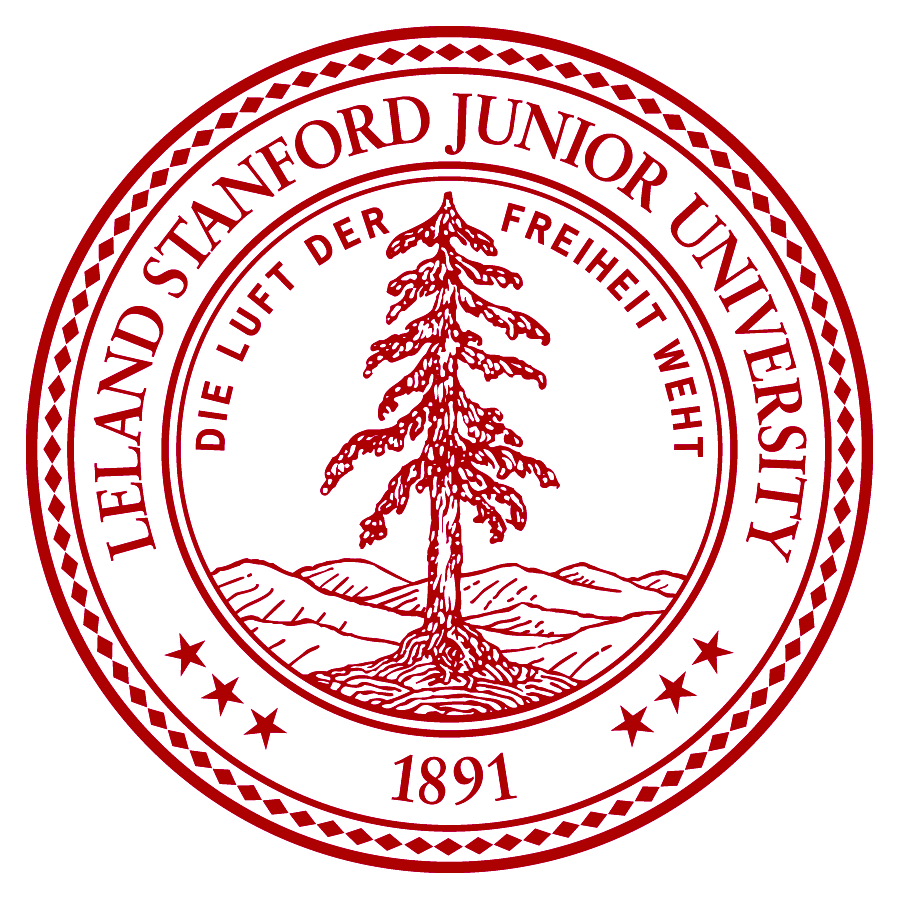

 |
 |
 |
      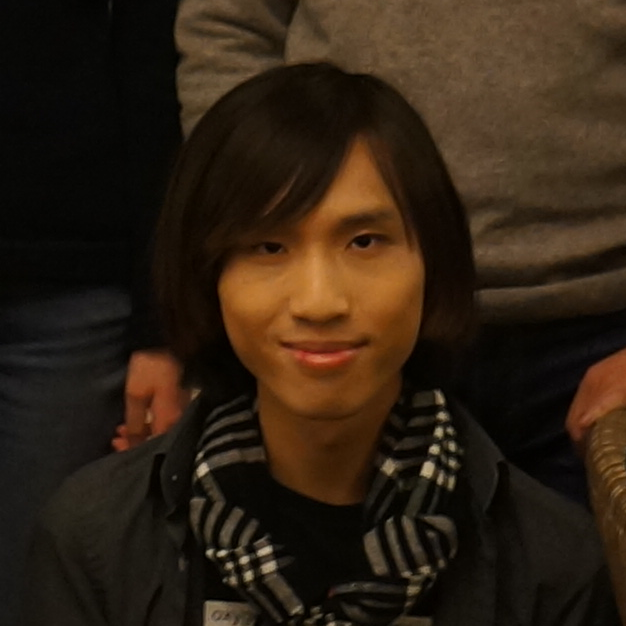 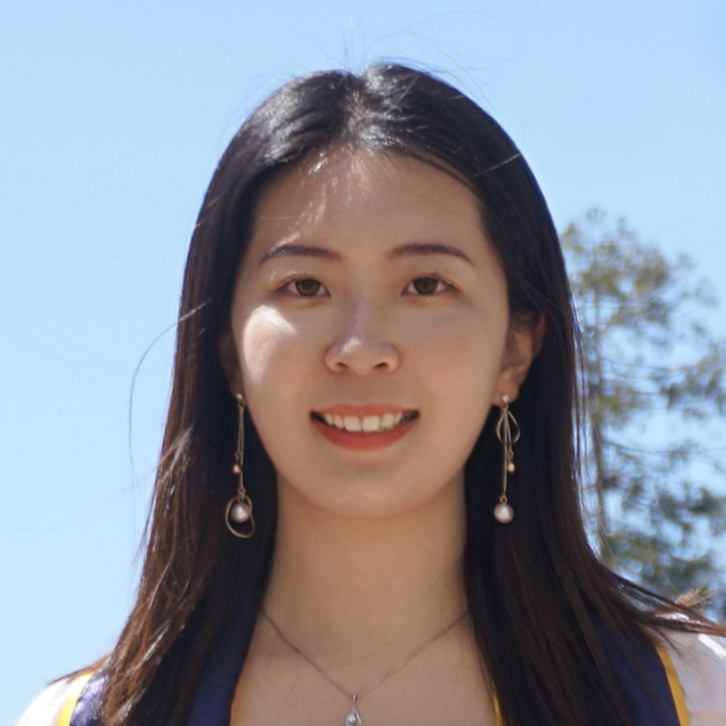  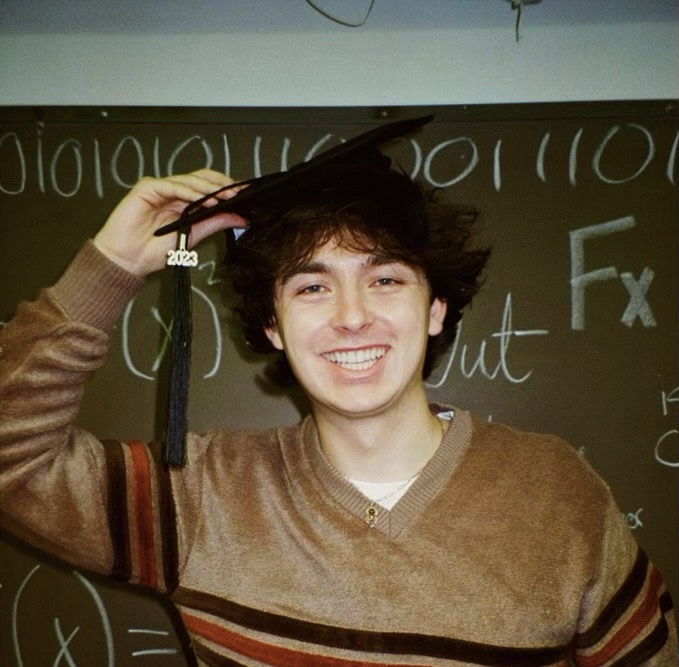  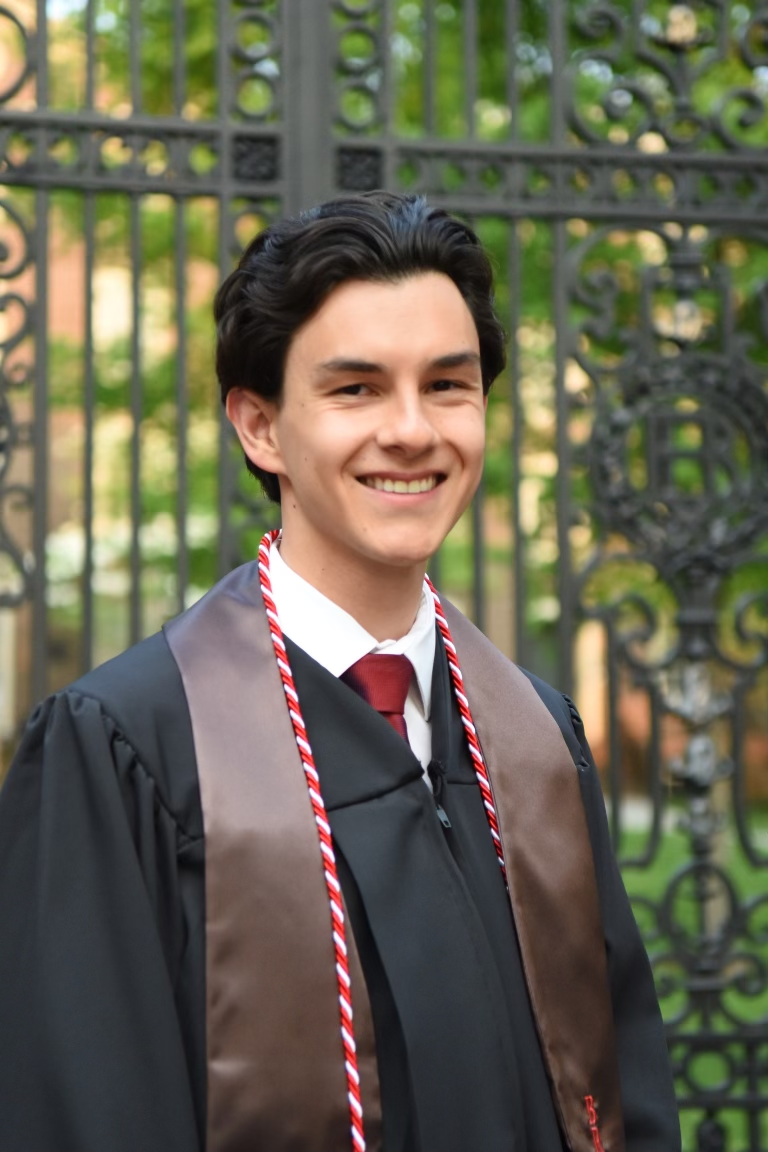       |
Generative AI Policy: Each student is expected to submit their own solutions to the CS221 homeworks. You may use generative AI tools such as Co-Pilot and ChatGPT as you would use a human collaborator. This means that you may not directly ask generative AI tools for answers or copy solutions, and acknowledge generative AI tools as collaborators. The use of generative AI tools to substantially complete an assignment or exam (e.g. by directly copying) is prohibited and will result in honor code violations. We will be checking students' homework to enforce this policy.
Anyone violating the honor code policy will be referred to the Office of Judicial Affairs. If you think you violated the policy (it can happen, especially under time pressure!), please reach out to us; the consequences will be much less severe than if we approach you.
Homeworks must be typeset and submitted on Gradescope as a PDF. The coding portion will be auto-graded; you get only feedback on a subset of the test cases. Auto-grading is strict, so check your outputs carefully! Read more about the policies around late days (7 total, max 2 per homework), regrades, and submission.
Both exams will be in-person.
SCPD Students: SCPD students will need to nominate exam monitors for both exams and coordinate the exam process with the SCPD exams team. Please refer to this link for more information on the process. For any additional questions, please reach out to the SCPD exams team.
| Monday | Tuesday | Wednesday | Thursday | Friday | Saturday | Sunday | |
|---|---|---|---|---|---|---|---|
| Week 1 | Apr 1 | Apr 2 |
Apr 3 |
Apr 4 | Apr 5 | Apr 6 | Apr 7 |
|
Modules
Introduction Prerequisites Machine Learning I Homework [Foundations] |
Lecture:
Introduction (Sanmi) 10:30am - 12:00pm |
Lecture:
Machine Learning I (Sanmi) 10:30am - 12:00pm |
Problem Session:
10:30am - 12:00pm [Problems] [Solutions] [Slides] |
||||
| Week 2 | Apr 8 | Apr 9 |
Apr 10 |
Apr 11 | Apr 12 | Apr 13 | Apr 14 |
|
Modules
Machine Learning II Homework [Sentiment] |
Lecture:
Machine Learning II (Sanmi) 10:30am - 12:00pm Prerequisites Quiz Due |
Foundations HW due |
Lecture:
Machine Learning III (Sanmi) 10:30am - 12:00pm |
Problem Session:
10:30am - 12:00pm [Problems] [Solutions] [Slides] |
|||
| Week 3 | Apr 15 | Apr 16 |
Apr 17 |
Apr 18 | Apr 19 | Apr 20 | Apr 21 |
|
Modules Search Homework [Route] |
Lecture:
Search (Nima) 10:30am - 12:00pm |
Sentiment HW Due |
Lecture:
Search & Heuristics (Nima) 10:30am - 12:00pm |
Final Study List Deadline / Project interest form due | |||
| Week 4 | Apr 22 | Apr 23 |
Apr 24 |
Apr 25 | Apr 26 | Apr 27 | Apr 28 |
|
Modules MDPs I MDPs II Homework [Mountaincar] |
Lecture:
MDPs I (Sanmi) 10:30am - 12:00pm |
Route HW due |
Lecture:
MDPs II (Sanmi) 10:30am - 12:00pm |
|
|||
| Week 5 | Apr 29 | Apr 30 |
May 1 |
May 2 | May 3 | May 4 | May 5 |
|
Modules Games Homework [Pacman] |
Lecture:
Games I (Nima) 10:30am - 12:00pm |
Mountaincar HW due |
Lecture:
Games II (Nima) 10:30am - 12:00pm |
|
Project proposal due | ||
| Week 6 | May 6 | May 7 |
May 8 |
May 9 | May 10 | May 11 | May 12 |
|
Modules Factor Graphs |
Lecture:
Factor Graphs (Nima) 10:30am - 12:00pm |
Lecture:
Beam Search (Nima) 10:30am - 12:00pm Exam 1 |
|||||
| Week 7 | May 13 | May 14 |
May 15 |
May 16 | May 17 | May 18 | May 19 |
|
Modules Markov Nets Bayesian Nets Homework [Scheduling] |
Lecture:
Bayesian Nets I (Moses) 10:30am - 12:00pm |
Pacman HW Due |
Lecture:
Bayesian Nets II (Moses) 10:30am - 12:00pm |
||||
| Week 8 | May 20 | May 21 |
May 22 |
May 23 | May 24 | May 25 | May 26 |
|
Modules Bayesian Nets Logic Homework [Car] |
Lecture:
Bayesian Nets III (Moses) 10:30am - 12:00pm |
Scheduling HW due |
Lecture:
Logic I (Moses) 10:30am - 12:00pm |
Withdrawal deadline / Project progress report due | |||
| Week 9 | May 27 | May 28 |
May 29 |
May 30 | May 31 | Jun 1 | Jun 2 |
|
Modules Logic Homework [Logic] |
Memorial day (no class) |
Car HW Due
|
Lecture:
Logic II (Moses) 10:30am - 12:00pm |
||||
| Week 10 | Jun 3 | Jun 4 | Jun 5 | Jun 6 | Jun 7 | Jun 8 | Jun 9 |
|
Modules
Conclusion |
Lecture:
Conclusion (Moses) 10:30am - 12:00pm Project final report due |
Logic HW Due |
Lecture:
Summary and future of AI (TBD) 10:30am - 12:00pm |
Final Exam 3:30 - 6:30 PM. |